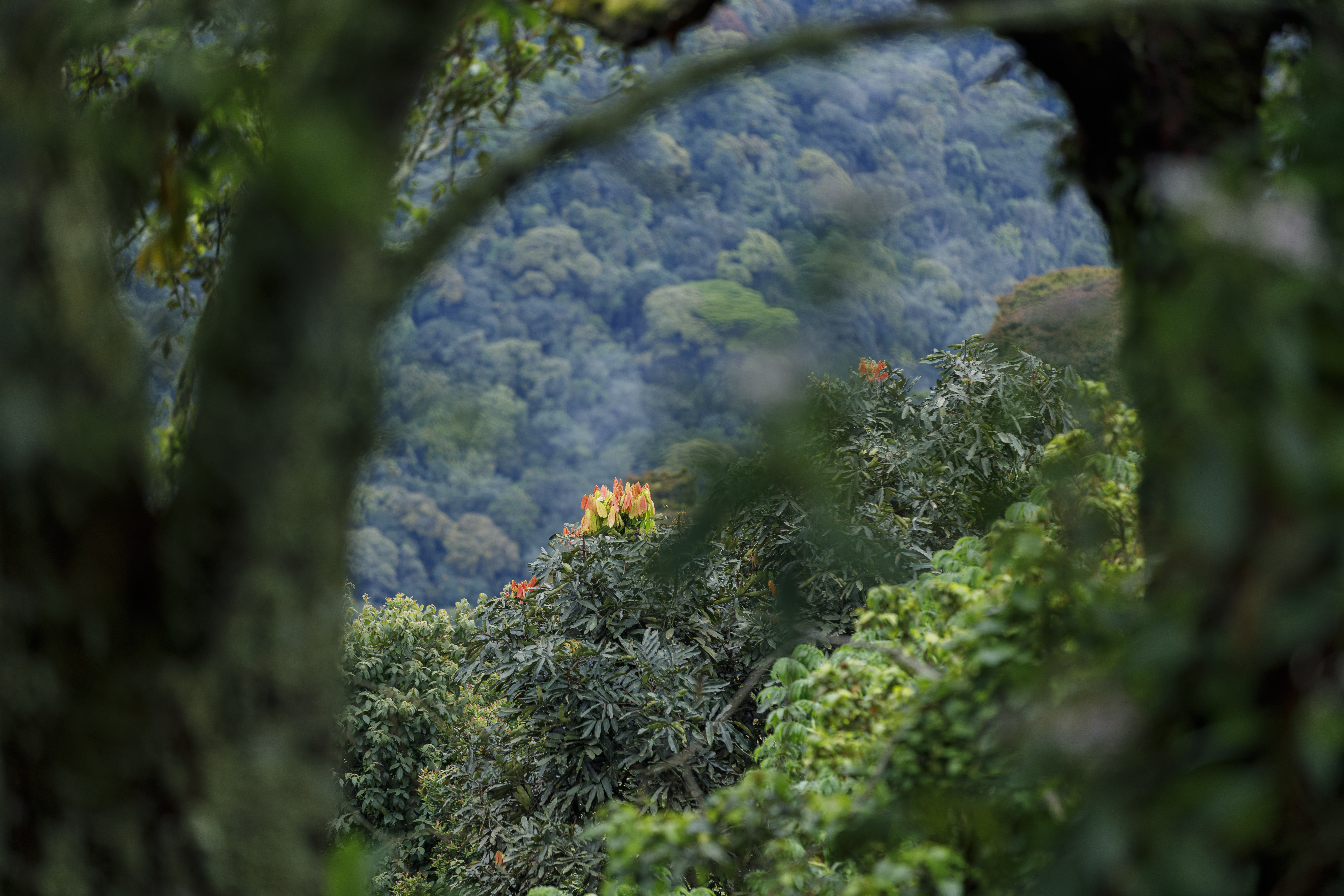
In Rwanda, biodiversity plays a significant role in supporting sustainable development, contributing to thriving communities, ecosystem services, and tourism revenues. Recognizing this, the United Nations Development Programme (UNDP) works closely with the Government of Rwanda to ensure that biodiversity conservation is not only prioritized but also adequately financed. This partnership is allowing Rwanda to utilize its rich natural resources in ways that promote healthy economic growth, while safeguarding the ecosystems.
One key initiative driving this collaboration is the Biodiversity Finance Initiative (BIOFIN), a global UNDP-led program aimed at addressing the financing gaps for biodiversity conservation. Rwanda, a proud BIOFIN pioneer in Africa, has made significant progress in identifying how to mobilize resources to support biodiversity conservation while at the same time aligning with the national development goals.
Through BIOFIN, UNDP and the Rwandan government have conducted rigorous assessments to determine how much financing is required for biodiversity initiatives and the gaps that need to be filled. The research has shown that while Rwanda has already greatly contributed to biodiversity management, funding shortages stand in the way of the full realization of conservation goals.
As a result, UNDP has been instrumental in creating solutions to close this gap by identifying new funding sources and focusing on integrating biodiversity considerations into national financial and development frameworks.
Some of the financial mechanisms include Integrating Biodiversity Conservation into the Environmental Impact Assessment (EIA) Process and Channelling Environmental Fees and Fines into a Dedicated Biodiversity Financial Facility. In addition, BIOFIN-Rwanda has made significant progress in capacity building by training 149 EIA experts. Two groundbreaking studies have also been conducted - one addressing harmful subsidies and another evaluating the financial sector’s exposure to biodiversity risks.
Tourism contributes close to 15% of Rwanda’s GDP, making it a crucial aspect to the overall development of the country. Through promoting nature-based tourism, especially by tapping into the several natural attractions such as the Volcanoes National Park, the tourism revenue is re-invested into biodiversity conservation. This model has allowed the country to safeguard its biodiversity while creating employment and improving the livelihoods of local communities. UNDP has supported this by capitalizing Rwanda’s ecotourism potential.
In addition, UNDP is actively working with the government to blend biodiversity financing into broader green sustainable strategies, including the Green Growth and Climate Resilience Strategy. These efforts ensure that biodiversity finance is not segregated, but part of a larger vision for sustainable development in Rwanda.
To truly understand how financing is helping protect Rwanda’s natural treasures, watch the documentary, "BIOFIN: Nurturing Rwanda’s Biodiversity for a Sustainable Future." It makes the concept of biodiversity easy to grasp and shows how it's not just about plants and animals, but more about the well-being of Rwanda’s people.
Set against stunning scenes of places like Akagera and Nyungwe National Parks, it highlights how innovative funding solutions, such as using environmental fees and including biodiversity in planning, are making a difference.
It shows that protecting nature isn't only about the environment but is also key to Rwanda’s growth and prosperity. Whether you work in finance, development, or care about nature, it offers a simple yet powerful view of how Rwanda is working to build a sustainable future by linking finances to conservation.
It is therefore evident that financing biodiversity can be a powerful driver of both conservation and economic development, ensuring that Rwanda’s natural resources are preserved for future generations.
Categories
Archives
- February 2026 (2)
- January 2026 (3)
- December 2025 (2)
- November 2025 (5)
- October 2025 (5)
- September 2025 (2)
- August 2025 (10)
- July 2025 (9)
- June 2025 (5)
- May 2025 (8)